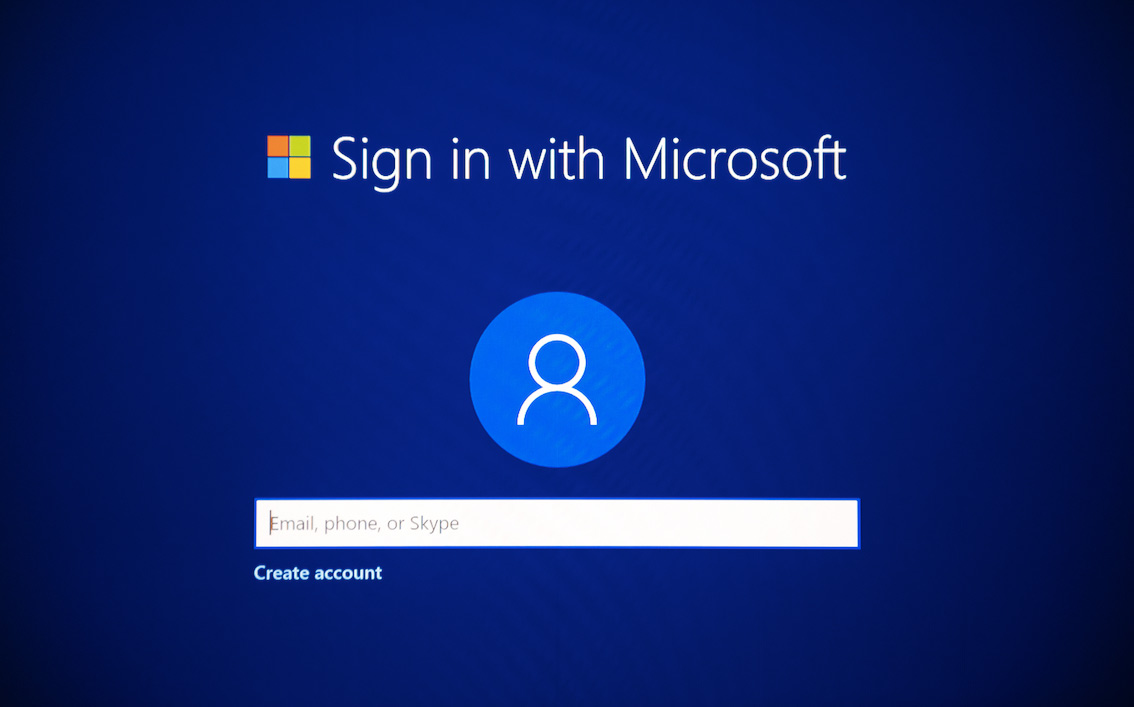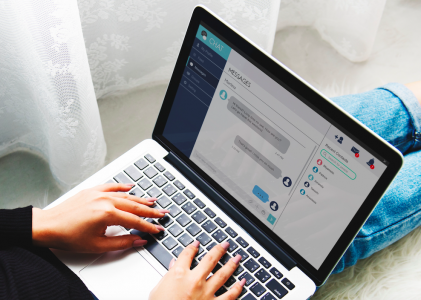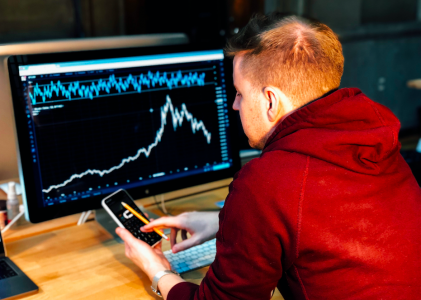As the range of opportunities extended to us by complex technology expands, the power of automation expands to meet it. If we didn’t have smart systems available to hold our hands and walk us through the astoundingly-sophisticated tools of today, we’d be left puzzled. We’re great at abstract reasoning and creativity — not so much data processing.
And while AI tech has yet to significantly change every industry, there are those that are already benefiting hugely from its implementation: most notably the recruitment, healthcare and travel industries. For those areas, the more tasks we can reliably pass to immensely powerful digital systems incapable of human error, the better.
Let’s take a closer look at specifically what’s being done with AI technology to push these industries ahead, and what this all means for the future.
Recruitment is Getting Faster and More Targeted
The world of recruitment is significantly more complicated to navigate than it once was. Roles are promoted across numerous channels, there are more people looking for work than ever before, and businesses (particularly larger data-driven corporations) are much pickier about their selected applicants. This results in headaches for jobseekers and employers alike.
Since anyone looking for work has almost nothing to lose and a lot to gain from adopting a scattergun approach to applying for positions, recruiters must also contend with vast quantities of resumes. Narrowing them down manually is simply not viable.
To combat this, applicant tracking systems have been in use for some time now to oversee recruitment processes. They attach to listings, bring in standardized applications, review them and discard anything deemed ill-fitting. More advanced systems such as Paññã (see below) can even create and analyze custom video interviews based on specific employee requirements.
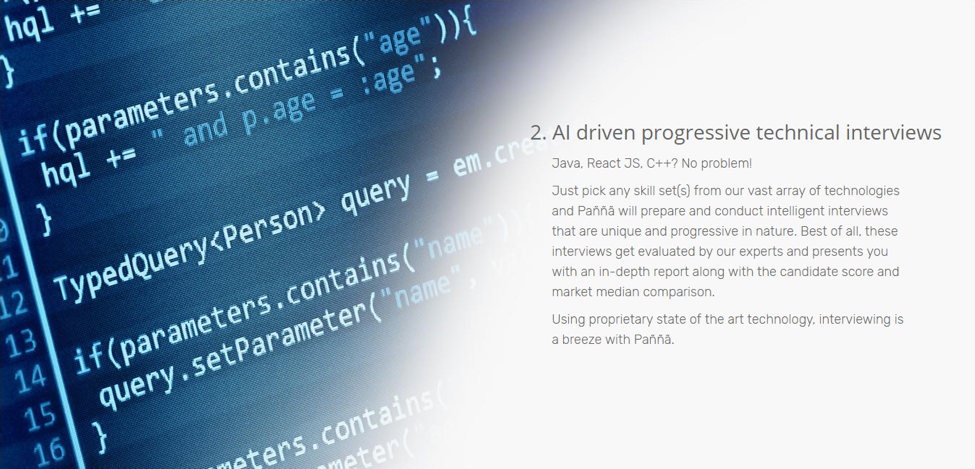
In addition to this, applicant tracking systems can work with other software suites through integrations to increase efficiency. This is the appeal of Google Hire, for instance. Google Hire streamlines the practical elements of contacting prospective hires and arranging and booking interviews though G Suite, all but eliminating the need for manual updates.
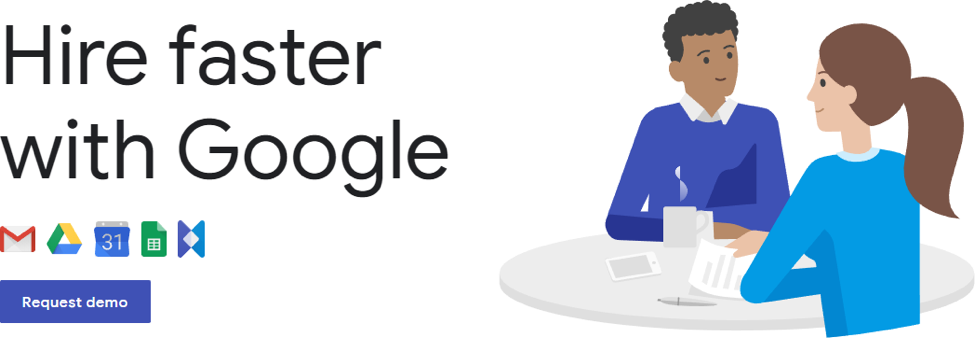
Can AI be used following the interview stage for vetting? To some extent, yes, though this is something of a minefield because many (quite reasonably) object to the notion of one of the final steps in the recruitment process being automated. It may be quite some time before we see widespread AI vetting, if it happens at all.
Healthcare is Gaining Rapid Monitoring and Differential Diagnosis
There are two obvious areas in which healthcare has always stood to benefit from smart automation: administration and diagnosis.
Since patients often must be monitored around the clock, medical professionals in positions of influence are frequently required to work unreasonably long hours, something that will also affect their performance.
And then there’s all the paperwork and red tape to be navigated. AI can help with this by dealing with many of the tasks. The John Hopkins Hospital has a sophisticated command center using predictive capabilities to increase hospital efficiency.
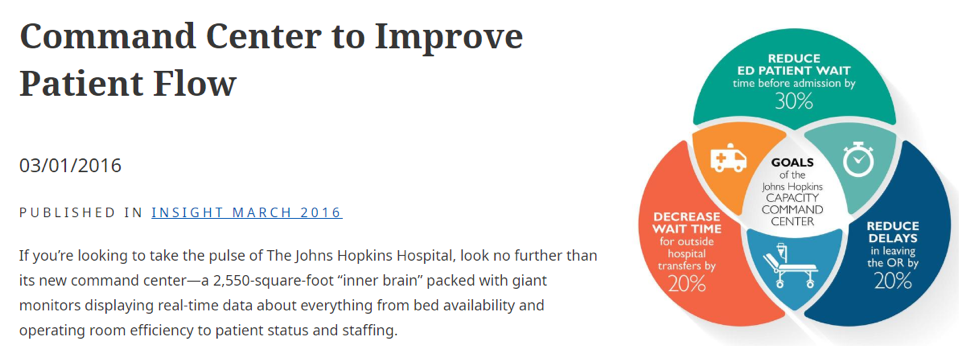
It is diagnosis that takes up the most time, though. Symptoms must be cross-referenced and potential causes ruled out to come away with reasonable conclusions, and that’s all before the patient can be treated correctly. Differential diagnosis is a lengthy process, and incredibly complicated, yet doesn’t require any real creativity — just comprehensive knowledge.
But an AI system can simply be provided with a vast database of medical information and tasked with identifying the most likely explanations. In a fraction of the time that a team of doctors might spend crowded around a whiteboard, AI can achieve better results, and even list treatment options in the process.
Earlier this year, Baidu Research announced that its in-development algorithm was already outperforming human experts in diagnosing breast cancer.

As image and natural language interpretation get more advanced, AI software will get better and better at reviewing test results, leading to faster and more effective treatment. It will be some time before people are ready to trust automated diagnoses, of course, but it should be possible.
Travel is Expanding Convenience in line with Semantic Intent
Both travelers and those working in the travel industry are already experiencing the advantages of travel AI. Since the industry faces so many delays and scheduling issues, it makes sense.
In the case of the former, there’s the rapid dissemination of data through mobile ecosystems: receive a ticket confirmation through Gmail and have the flight details automatically added to your calendar, for instance.
And beyond that, there are tools such as Mezi (see below) that were designed from the ground-up to provide comprehensive search and booking options without requiring users to leave their messaging apps.
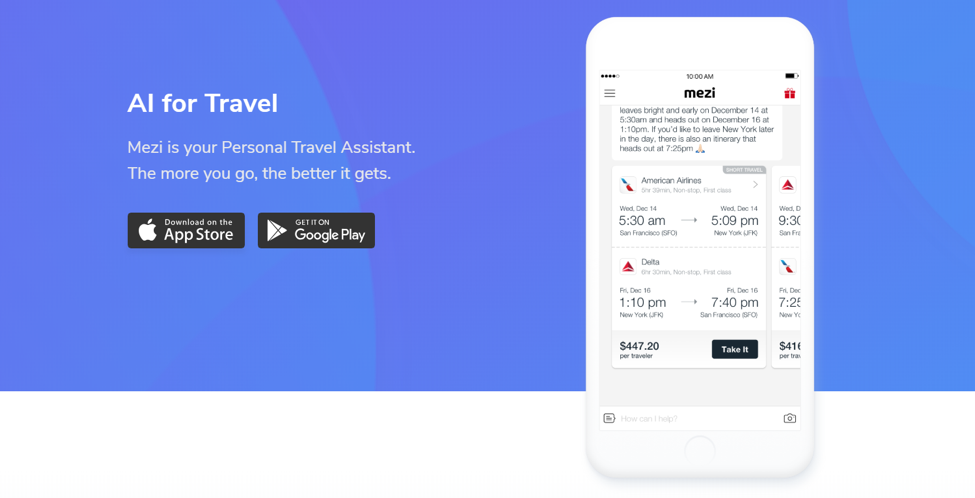
This is very similar to what’s going on in the ecommerce world through Facebook Messenger chatbots. It’s the awareness of semantic intent — what the searcher actually means when they search for a specific thing — that makes this increasingly formidable.
In fact, the ever-increasing understanding of what search strings and images are intended to mean is also highly valuable for the PPC industry. Programmatic ad networks can use complex contextual awareness to optimize bidding and get ads in front of the most suitable audiences.
As for businesses in the travel industry, airlines and travel companies of all kinds have been using data mining to derive valuable information on everything from fuel economy to ticket pricing, and they’re leaning heavily on AI to achieve operational improvements.
The booking and check-in processes are particularly ripe for adjustment: Delta launched auto check-in with facial recognition technology last year, and there will no doubt come a time for the entire security process to be automated, removing the need for personal security checks (barring occasional confirmations, of course).
And since flights are so often luxuries, the personalization power of AI is a natural fit. Imagine a future of travel companies being able to build their marketing around hyper-efficient systems through blockchain-supported IoT networks such as that offered by Slock.it (see below).
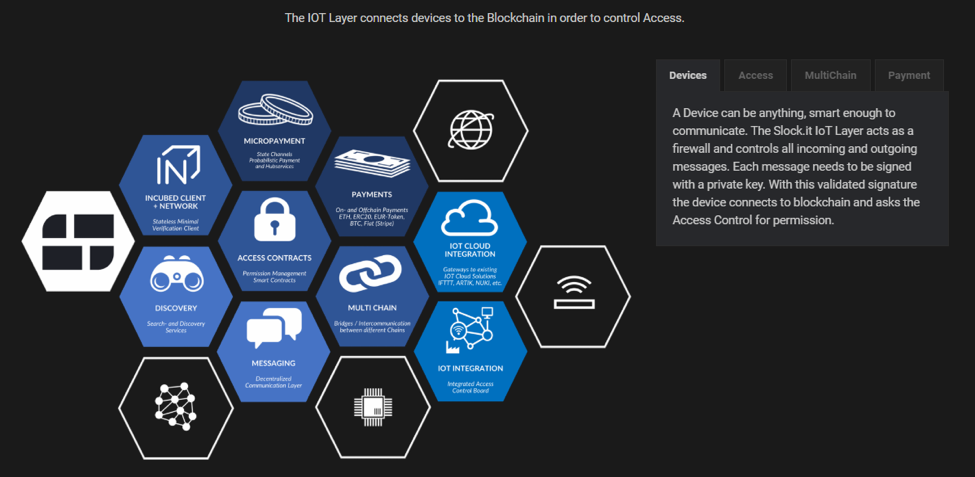
With most companies using the same suppliers and having access to similar deals, maximizing the benefit from AI is going to be how travel providers build recognizable brands and win invaluable customer loyalty. Signing up for a full vacation package, a customer’s smartphone could be the key to unlock everything they paid for — no physical exchange required.
Machine learning and smart automation are certainly going to produce widespread changes to the recruiting, healthcare and travel industries in the coming years, but we’re already seeing extensive progress. AI is coming for every industry eventually, of course, so if you’re not ready to innovate, you’re going to get left behind.
Image Credits
Feature Image: Unsplash / rawpixel
Image 1: via Paññã
Image 2: via Google Hire
Image 3: via John Hopkins Medicine
Image 4: via OpenReview
Image 5: via Mezi
Image 6: via Slock.it

